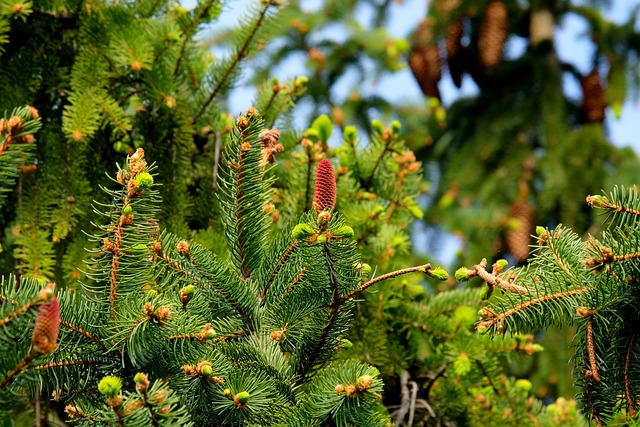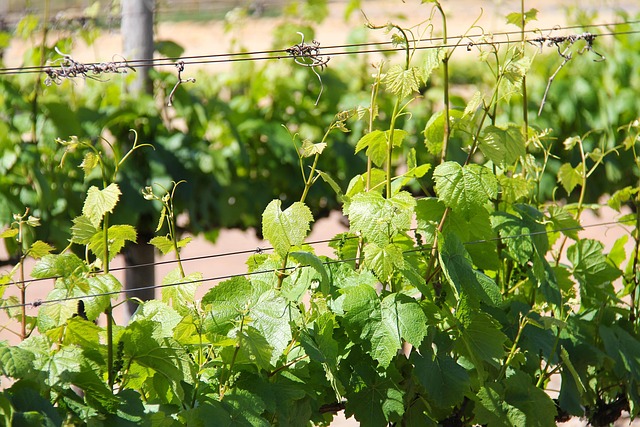Embracing Nature: The Harmony of Eco-Friendly Gardening
In an age where environmental awareness is more crucial than ever, cultivating a garden can serve as a beautiful reminder of our responsibility to nurture the planet. Gardening not only provides us with sustenance and beauty but also acts as a catalyst for deeper understanding and respect for nature. With a few eco-friendly practices, you can create a thriving garden that benefits the environment and your well-being.
1. Choose Native Plants
One of the most impactful ways to enhance environmental awareness is by selecting native plants for your garden. These flora are adapted to your local climate and soil, requiring less water, minimal fertilizers, and no pesticides. By embracing native species, you support local wildlife, including pollinators like bees and butterflies, helping to maintain biodiversity.
2. Composting: Nature’s Recycling
Composting is a fantastic eco-friendly practice that enriches your garden soil and reduces waste. By turning kitchen scraps and yard waste into nutrient-rich compost, you not only reduce the amount of garbage sent to landfills but also promote healthy plant growth. This natural recycling process embodies the harmony of nature — everything has a purpose and contributes to the ecosystem.
3. Rainwater Harvesting
Utilizing rainwater for your garden is a simple yet effective way to conserve water. By installing rain barrels, you can collect and store rainwater to irrigate your plants. This practice not only reduces your water bill but also minimizes the impact on local waterways, promoting a more sustainable approach to gardening.
4. Natural Pest Control
Pesticides may offer quick fixes, but they can harm beneficial insects and disrupt the ecosystem. Embracing natural pest control methods fosters environmental awareness by encouraging a balanced garden. Planting companion crops, introducing beneficial insects, and using organic repellents can effectively manage pests while respecting the delicate web of life that exists in your garden.
5. Embrace Organic Gardening
By going organic, you not only protect your garden from harmful chemicals but also contribute to environmental well-being. Organic gardening practices improve soil health, promote biodiversity, and safeguard local water sources from contamination. The choice to grow your plants organically reflects a commitment to the earth’s natural rhythms and cycles.
6. Create Wildlife Habitats
Your garden can be a sanctuary for various creatures, contributing to ecological balance. Simple additions like birdhouses, bee hotels, and native plants can transform your garden into a haven for wildlife. By fostering these habitats, you enhance environmental awareness, making it evident that gardens are not just for growing food but are vital ecosystems in their own right.
7. Share and Educate
Gardening is a communal activity that can build awareness and foster connection. Share your knowledge and experiences with fellow gardeners or local schools. Organize workshops about eco-friendly gardening practices or even start a community garden. By encouraging others to embrace green gardening, you’ll plant seeds of environmental awareness that can grow and flourish far beyond your own garden.
In growing green, we cultivate more than just plants; we nurture a profound respect for the environment and our role within it. Let your garden stand as a testament to the beauty of nature and the commitment to a sustainable future.




